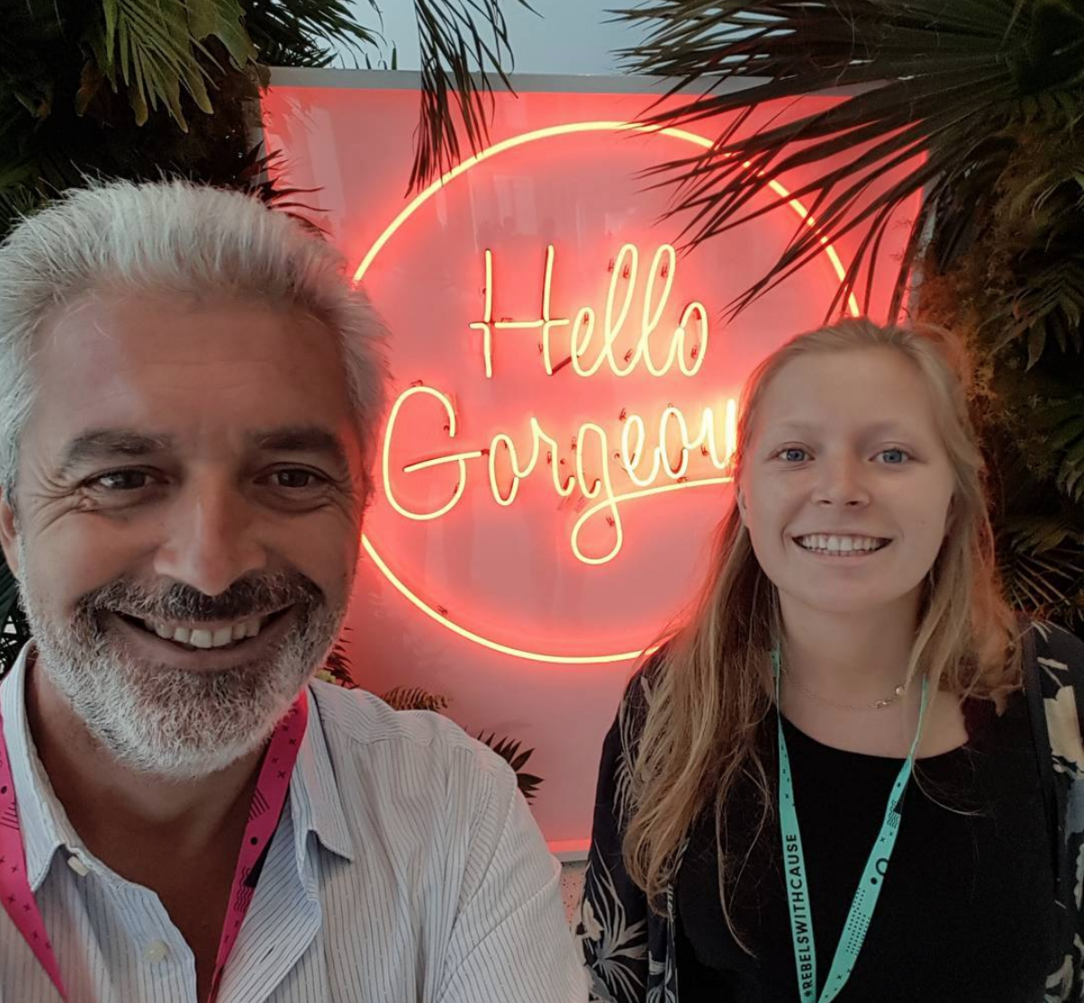Journey of Innovation
The Coralarium - a coral regeneration project at Fairmont Maldives, Sirru Fen Fushi
Jenny Southan celebrates the travel innovators setting an example to the rest of the industry with individual itineraries, ‘wandering’ hotels and ancestral adventures.
By Jenny Southan
In a 1989 interview with Steve Jobs, the Apple founder told Inc: “You can’t just ask customers what they want and then try to give that to them. By the time you get it built, they’ll want something new.” Jobs continues to be celebrated as someone who had great vision and who constantly innovated. For every industry to progress, it needs people who are thinking big and creating in new and inventive ways. These ‘disruptors, as we like to describe them today, force change to take place.
Within travel, which is one of the world’s biggest industries (by 2029 it is expected to contribute $13trn to global GDP), there is a huge amount of innovation taking place. You might think it hard to predict the future but, when you look at what the dreamers are doing, you can get a pretty good picture of what will be coming next. One of the best examples in recent years is Airbnb, which turned out to be the travel industry equivalent of Apple, growing exponentially, building something entirely original and constantly pushing for ‘what next?’.

Since launching its home rental platform in 2008, it has not only upended the way people travel, but empowered individuals to make money through the ‘sharing economy’. It has also disrupted the hotel industry, which has been compelled to compete by lowering rates and designing more homely properties with a neighbourhood feel. Not content with a recent valuation of $31bn, the company is now taking on tour companies with Airbnb Adventures, which allows explorers to book group trips from two to ten days.
It has also partnered with home DNA testing company 23andMe to encourage people to visit the places their ancestors are from, staying in local people’s homes and learning traditional arts and crafts via curated Airbnb Experiences. Soon, it will launch an ‘end-to-end’ travel platform that includes flights and ground transport so people can book their entire holiday through Airbnb.
Last year, French hotelier Thierry Teyssier unveiled 700,000 Heures (named after the average number of hours a human is alive), a project that challenges the idea that a hotel needs to be fixed in place. In May, he told Surface: “Hotels no longer need four walls, a rooftop bar and suites with 2,000-square-foot bathrooms.” Today, his ‘wandering’ retreat emerges in new locations every six months or so – in June 2019, it popped up in Lençois Maranhenses, Brazil. Before, they were in Cambodia and Puglia, Italy.

A year ago, a new members-only travel club called Prior started creating ripples. Set up by former Condé Nast Traveler editor David Prior, it puts the idea of a travel agent firmly in the past, instead setting out to organise highly personalised, “rare, wonderful and once-in-a-lifetime” journeys for wealthy patrons. Prior is about granting unparalleled VIP access for members paying $2,500 a year, who subsequently get access to trip design from ‘cultural specialists’, as well as scheduled excursions. (In December 2020, you can stay in Prior’s purpose-built camp in Chile for the total solar eclipse.)
In September 2019, a new startup from former Black Tomato employee Tom Harding is making its debut. Nemo Travel wants to put luxury trip planning in the hands of travellers themselves, with a website that lets them build their own itineraries. Meanwhile, this summer, hospitality company Inspirato launched ‘the Netflix of luxury travel’, a subscription-based service that allows people to book as many five-star hotel stays and experiences as they like in a year for $2,500 a month, removing the anxiety around nightly rates.
Innovation, just as in screenwriting, often starts with ‘What if?’. What if there was a site where women travelling alone could book amazing, experiential tours with other women? This year, Dawn Simone created Elle Voyage, which does exactly that. What if all the waste created by hotels could be put to good use? Last spring, Portia Hart set up the Green Apple Foundation in Cartagena, Colombia, giving birth to the region’s first glass recycling operation. What if luggage didn’t all look the same? This was a question Jen Rubio and Steph Korey answered with the launch of Away, which sells stylish suitcases in a range of fashionable colours and materials.

If you want to be more disruptive, look first at what the pioneers are doing. Don’t confine yourself – not even to the industry you find yourself in. Just look at Equinox, which up until now did a great job of designing high-end gyms but this summer opened its first health-centric hotel in New York, with superfood minibars and detoxifying IV drips. Meanwhile, at the other end of the scale, a small boutique hotel in Scotland, called Saorsa 1875, became the first in the UK to be entirely vegan, setting another example for the rest of the industry.
BIO
Jenny Southan is editor and founder of Globetrender.

